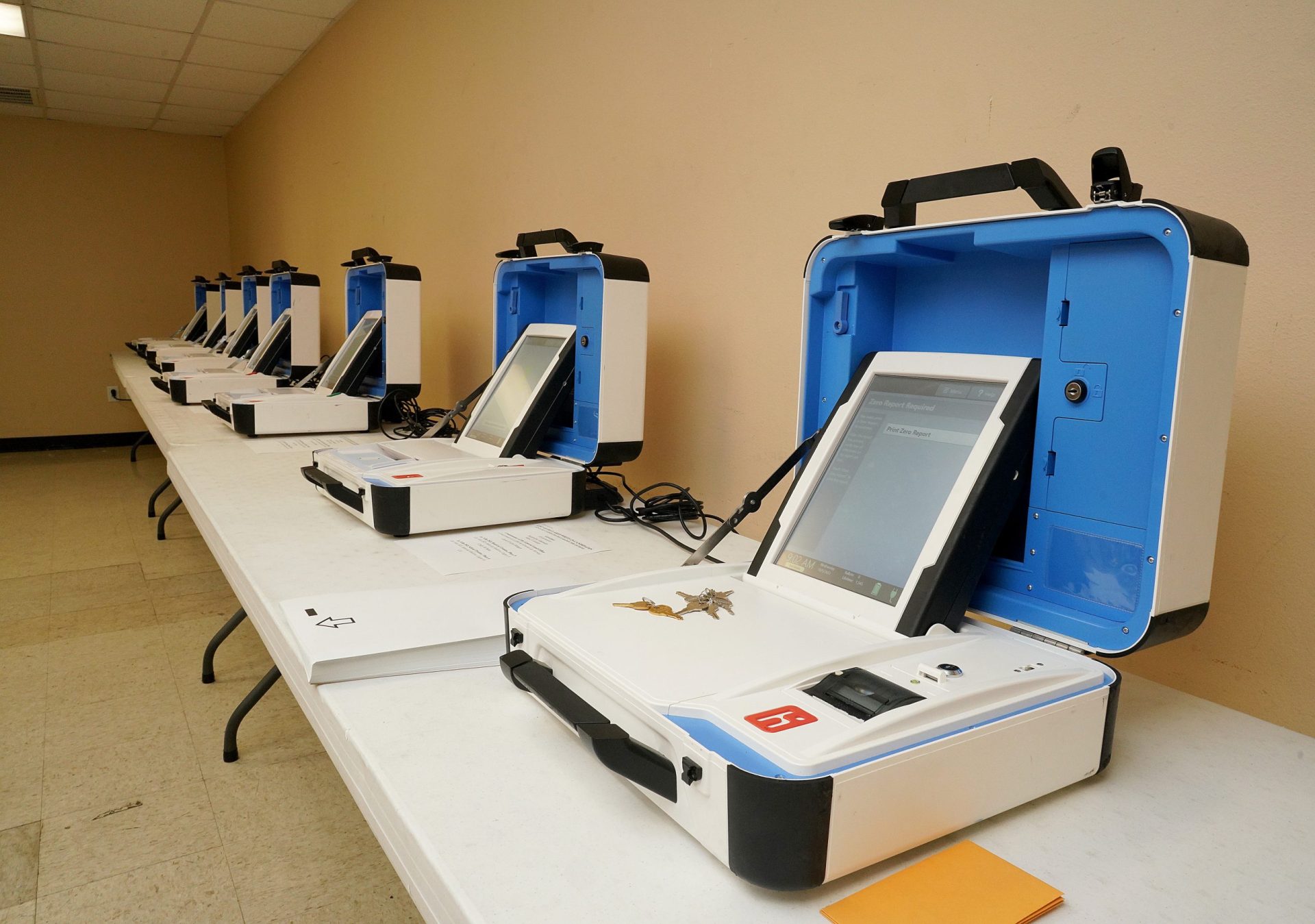|
Only have a minute? Listen instead
Getting your Trinity Audio player ready...
|
Early voting for the Nov. 7 general election ends Friday. Eligible voters are encouraged to utilize the last early voting day, or plan to go to the polls Tuesday.
In addition to local races, taxing provisions and referendums on many ballots in the Rio Grande Valley, voters are being asked to decide 14 proposed amendments to the state Constitution.
Voter turnout traditionally is low for these kinds of elections. This gives an advantage to supporters, who often are a large percentage of those who are motivated to participate in these referendums. The Texas Constitution already has been amended 517 times since it was adopted in 1876.
Low voter turnout is unfortunate; it means decisions that affect everyone are decided by relatively few voters.
We hope more people see the importance in participating in the process of self-governance. In addition, voters should study each proposition and render the decision that is best for the entire state.
Some provisions, for example, probably don’t belong on the ballot. Cases in point include propositions 11 and 12, which would fund and manage conservation projects in El Paso County and eliminate the position of county treasurer in GalvestonCounty, respectively.
Chances are, most people outside Galveston County don’t care if it has a treasurer, but the positions of county treasurer and surveyor are in the Constitution. A better amendment for the future would remove the requirement, and let counties conduct their own business as they see fit.
Voters also should take into account how passage of some provisions could affect the results of others — and Texas residents and taxpayers in general.
For example, some propositions offer tax breaks for some specific elements of our state population and economy. Prop. 2 would authorize property tax exemptions for childcare businesses. Prop. 4 raises homestead tax exemptions and caps property tax increases and Prop. 10 would give property tax exemptions to drug and pharmaceutical companies. At the same time, Prop. 6 would create a special fund for water conservation projects; Prop. 7 would create an energy infrastructure fund; and Prop. 8 would create a broadband infrastructure fund.
Certainly, strong arguments can be made for the funds. Widespread power outages during the February 2021 freeze exposed the shortcomings of our energy grid. During the COVID-19 pandemic, people in low-income and rural areas had trouble accessing remote school and medical services that required broadband connections, and frequent drought conditions amplify the need for water conservation. However, the money for those funds must come from somewhere, and exempting more people from taxes only places a greater burden on ordinary Texans, most of whom probably have a harder time paying their property taxes than Eli Lilly does.
Tax reform must include reduced spending to curb the need for those taxes in the first place. These two groups of propositions obviously conflict.
Voters can decide if we should support lower taxes and less state government meddling, or expanded programs that will also expand our tax bills.
But the only way to make that decision is to cast our ballots





